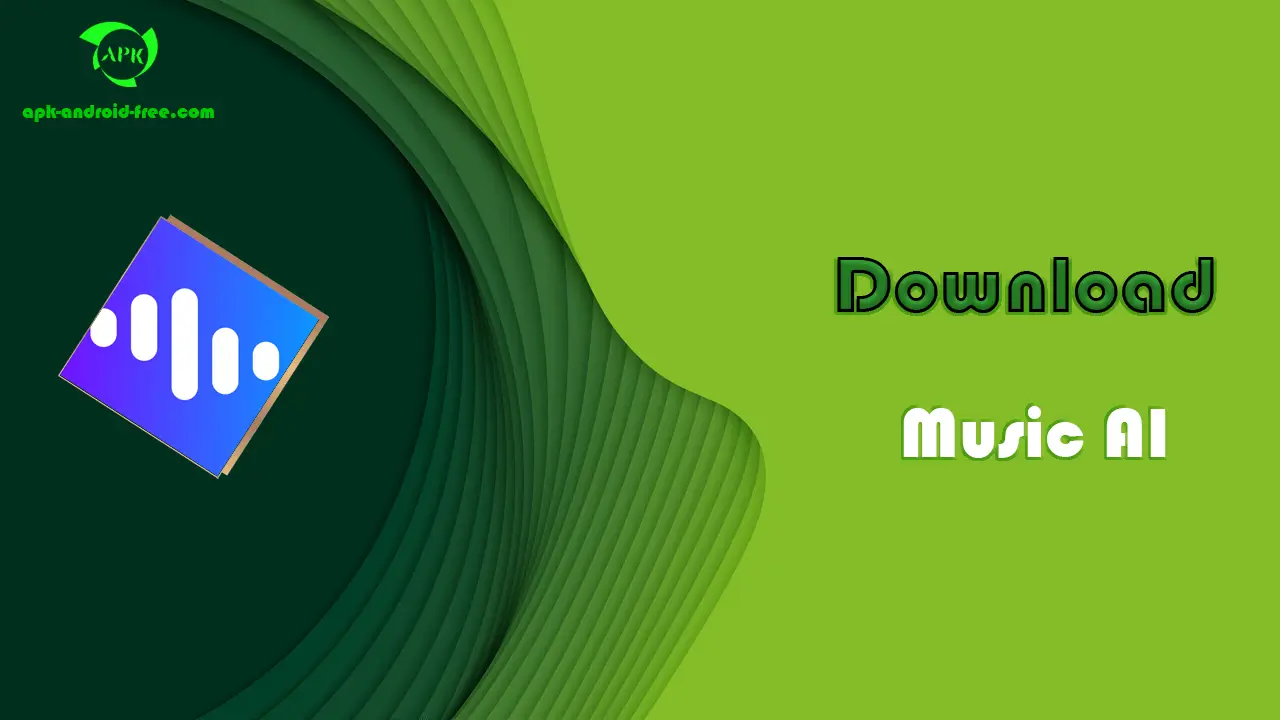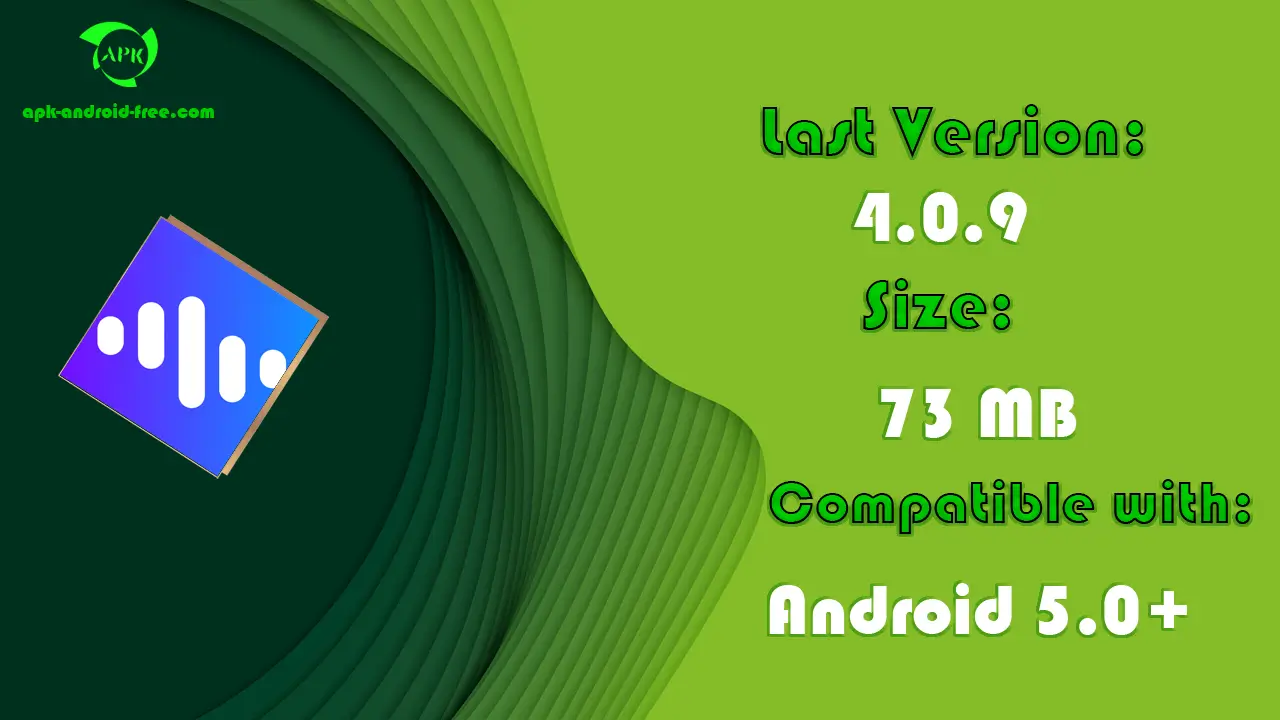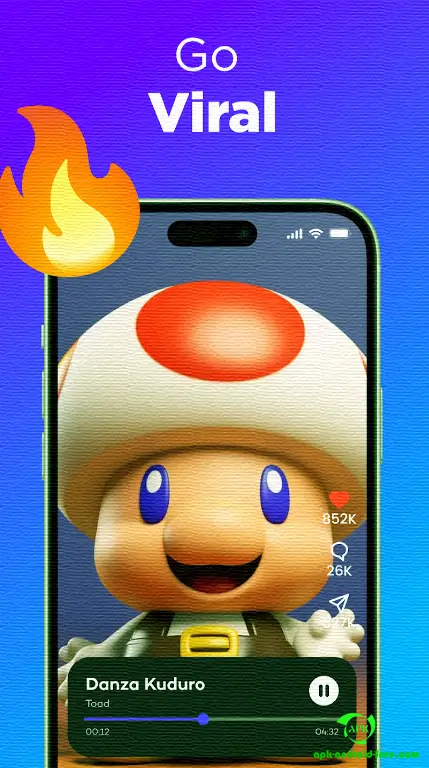The Sonic Revolution: How Music AI is Transforming the Melody of Tomorrow
Introduction
In the ever-evolving landscape of music, a revolutionary player has taken center stage – Music AI. As technology advances, artificial intelligence is becoming a driving force in the creation, production, and even consumption of music. This article explores the impact of Music AI, its role in shaping the future of the music industry, and the transformative melody it brings to the ears of tomorrow.

The Harmony of Music AI
Music AI represents the convergence of artificial intelligence and musical composition, marking a departure from traditional methods of music creation. With the advent of Music AI, algorithms and machine learning are stepping into the spotlight, collaborating with human creativity to compose unique and innovative tunes.
How Music AI Strikes a Chord
At its core, Music AI operates by analyzing vast datasets of existing music, identifying patterns, and learning the intricacies of musical composition. This enables AI algorithms to generate original compositions, mimic specific genres, or even blend styles to create entirely new musical genres. The process involves a combination of deep learning, neural networks, and pattern recognition, allowing AI to understand and replicate the nuances of human-created music.
Music AI in Composition and Production
One of the key contributions of Music AI is its role in composition and production. AI-generated compositions can range from classical symphonies to contemporary pop hits. The ability to compose music efficiently and rapidly has opened new doors for artists, allowing them to experiment with genres and styles that were once beyond reach. Additionally, Music AI assists in the production phase, automating tasks such as mixing, mastering, and sound engineering.
The Collaborative Symphony: Human and AI
Far from replacing human musicians and composers, Music AI thrives in collaboration. It acts as a virtual bandmate, offering suggestions, enhancing creativity, and providing a fresh perspective on musical composition. This collaborative symphony between human and AI has led to the creation of hybrid musical pieces that showcase the best of both worlds – the emotion and intuition of humans combined with the precision and innovation of AI.
Transformative Effects on the Creative Process
The integration of Music AI into the creative process has transformative effects. Artists now have access to a vast palette of musical possibilities, inspiring experimentation and pushing the boundaries of traditional genres. This democratization of creativity allows emerging artists and seasoned professionals alike to explore uncharted musical territories, fostering a diverse and dynamic musical landscape.
Redefining the Musical Score
Music AI is not only a creator but also a curator. Streaming platforms leverage AI algorithms to understand listener preferences, analyze music consumption patterns, and recommend personalized playlists. This redefines the music discovery experience, introducing audiences to tracks they might have never encountered through conventional means. AI-driven recommendations contribute to the exploration of diverse musical genres and the appreciation of global soundscapes.

Challenges and Ethical Crescendos
While Music AI brings unprecedented opportunities, it also raises challenges and ethical considerations. Questions regarding copyright, ownership, and the potential homogenization of music in the digital era require careful examination. Striking a balance between the innovative potential of AI and the preservation of artistic integrity remains an ongoing conversation within the music industry.
The Future Harmony: AI and Virtual Concerts
Looking ahead, Music AI is poised to revolutionize live music experiences through virtual concerts. AI-generated avatars and virtual performers can take the stage, offering audiences unique and immersive musical journeys. This fusion of technology and live performance opens avenues for creativity and engagement, redefining the concept of a musical performance in the digital age.
Conclusion
In conclusion, Music AI is not just a technological trend; it is a transformative force shaping the future of music. From composition and production to curation and live performances, the influence of AI is evident. As the harmony between human creativity and artificial intelligence continues to evolve, we stand at the brink of a musical revolution, where the melody of tomorrow is a collaborative creation between artist and algorithm.

FAQs
- Can Music AI replace human musicians?
- No, Music AI is designed to collaborate with human musicians, enhancing the creative process rather than replacing it.
- How does Music AI impact music discovery?
- Music AI algorithms analyze listener preferences to recommend personalized playlists, expanding the horizons of music discovery.
- What challenges does Music AI pose to the music industry?
- Challenges include issues of copyright, ownership, and concerns about the potential homogenization of music.
- Is Music AI only relevant to established artists?
- No, Music AI democratizes creativity, providing opportunities for both emerging and established artists to explore new musical territories.
- What is the future of Music AI in live performances?
- Music AI is expected to play a significant role in virtual concerts, with AI-generated avatars taking the stage for immersive and innovative performances.
pinterest: https://bit.ly/3Onw7rx
youtube: https://bit.ly/444TOeg
twitter: https://bit.ly/3DLxUC0
facebook: https://bit.ly/3DM4FPC
Telegram : https://bit.ly/486hxOm
instagram: https://bit.ly/45ljK65
linkedin: https://bit.ly/3RNKAzU
website: https://apk-android-free.com/
Recommended Apps like this:











